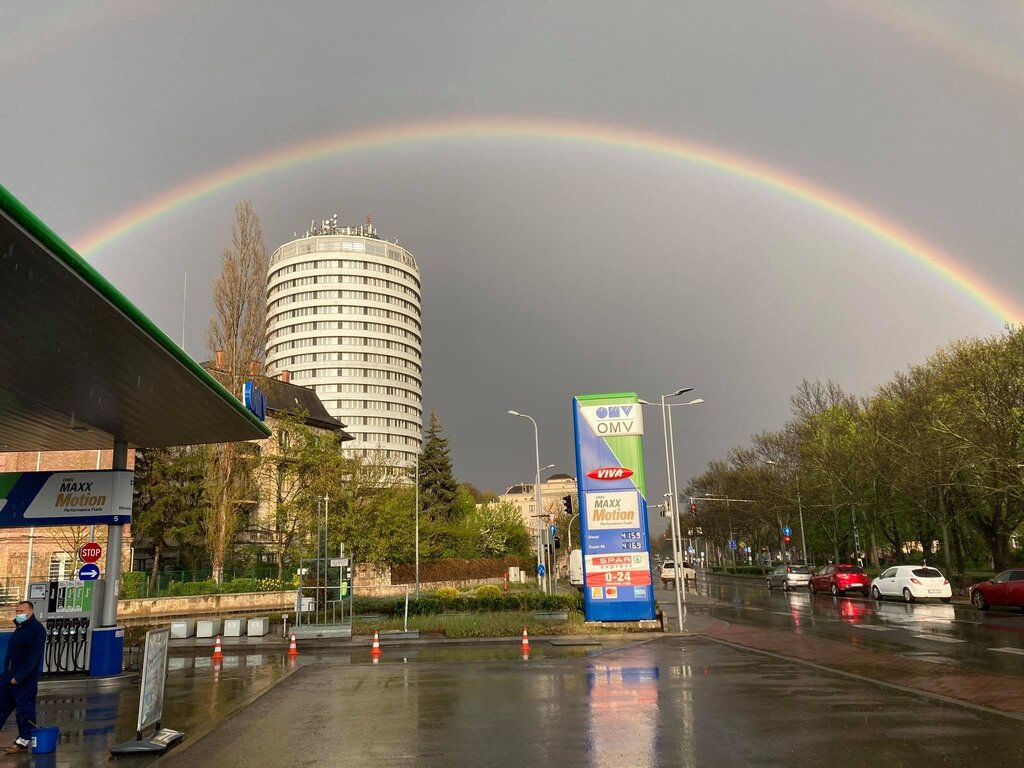Hungary’s fuel purchase restriction on foreigners – details here

From today, you can buy fuel at the price capped by the government if you have a Hungarian licence plate in Hungary. Otherwise, you have to pay the market price. But why was the government’s decision so quick? And is this rule feasible at all? Here are some details and background information about the latest decision of the Hungarian government.
As we reported yesterday, the prime minister’s chief of staff, Gergely Gulyás, said at the government’s usual press conference that Hungarian fuel prices are the lowest in Europe. As a result, fuel tourism around the border has grown, so it is now threatening uninterrupted supply. Currently, government-capped petrol prices are at HUF 480 (EUR 1.2) per litre, and foreign buyers exploit that, Gulyás added.
To prevent such “abuse”, only cars with Hungarian registration certificates are allowed to buy petrol at 480 forints per litre in Hungary from today. Others have to pay the market price.

Cabinet Office Minister Antal Rogán said during an off-the-record discussion that they needed to act quickly and give short notice to avoid fuel accumulation by foreign car owners. He said that, in practice, totem poles at the stations will show the government-capped price. However, inside the station, only the market price will be displayed. Therefore, nobody should be surprised if they see a very high price while filling their car with fuel, portfolio.hu wrote.
If the buyer’s car has a Hungarian license plate, the filling station attendant will use the capped price to calculate the final sum.
However, they can check the car’s registration certificate. “Without a shadow of a doubt we will have a quarrel about this with the EU,” Rogán added.
- Read also: Petrol tourism is at its peak in Hungary!
An association of independent fuel stations said that the government’s new rules are impracticable. They believe that once a driver has finished refuelling, filling station attendants have no means. Furthermore, the “double pricing” may raise consumer protection concerns, 168 óra reported.
Gábor Egri, the chairman of the organisation, said that, in Hungary, refuelling precedes paying. Thus, filling station attendants can practically do nothing if the car’s fuel tank is already full. “Should we call the police? Or should we suck out the fuel from the tank?” he asked. He added that the government should have consulted with the sector’s representatives before introducing the new measure.
We believe that the cabinet minister’s clarification above might answer the concerns of the fuel station owners. Of course, the proof of the pudding is in the eating.
Please share your experiences with us in a comment or email.
Source: atv.hu, 168.hu, portfolio.hu, DNH






